The minority Boris Johnson government hobbled by dwindling strength in recent weeks was on Friday grappling to win majority support in the House of Commons when the revised Brexit agreement reached on Thursday is debated and put to vote on Saturday.
In power since 2017 with support from the 10-member Democratic Unionist Party (DUP), the Johnson government has been forced to seek new supporters after the Northern Ireland-based party announced it would vote against the agreement on what is called a ‘Super Saturday’.
The House of Commons has 650 members, but the effective strength is 639 because the speaker and three deputies do not usually vote. Since the Sinn Fein (7 MPs) traditionally refuses to swear allegiance to Queen Elizabeth, it is not entitled to vote as a consequence.
Needing votes of 320 MPs to approve the crucial agreement, team Johnson has been exerting since Thursday, contacting Conservative rebels and opposition MPs in the hope that ‘Brexit fatigue’ and compulsions of Leave-supporting constituents would clinch support.
The Conservative party currently has 288 MPs, Labour 245, independents 35, Scottish National Party 35, Liberal Democrats 19, DUP 10, Sinn Fein 7, independent Group for Change 5, Plaid Cymru 4 and Green Party 1.
The opposition Labour has announced its decision to vote against the agreement, besides the Scottish National Party, Liberal Democrats, Green Party, and some MPs who resigned in recent months from Conservative and Labour parties and are sitting as independents.
By various estimates being discussed in Westminster, based on declarations of support or opposition, the result of the vote on Saturday evening is likely to be close. Each eventuality – the Johnson government winning or losing – has major implications for the UK.
Johnson said: “Now this is the moment for our parliamentarians to come together and get this thing done, and, as I say, to begin building a new and progressive partnership with our EU friends, with whom, of course, we share so many priorities”.
Johnson will need the support of 21 Conservative MPs who were expelled by him as party leader in September after they voted in favour of an opposition-sponsored motion to prevent leaving the EU without an agreement on October 31.
Saturday will effectively be the fourth time the Brexit agreement is put to vote in parliament. The agreement reached in December 2018 by former prime minister Theresa May was voted down thrice. The latest agreement is virtually the same, except for a key tweak related to Northern Ireland agreed following compromises by London and Brussels.
In a House of Commons divided by pro-Remain and pro-Leave MPs across parties, loyalties and affiliations have blurred since the 2016 referendum to leave the EU. Bids to block Brexit since then have been met resolutely by fervent Brexiteers, as ennui among voters at endless debates, votes and legal challenge rose.

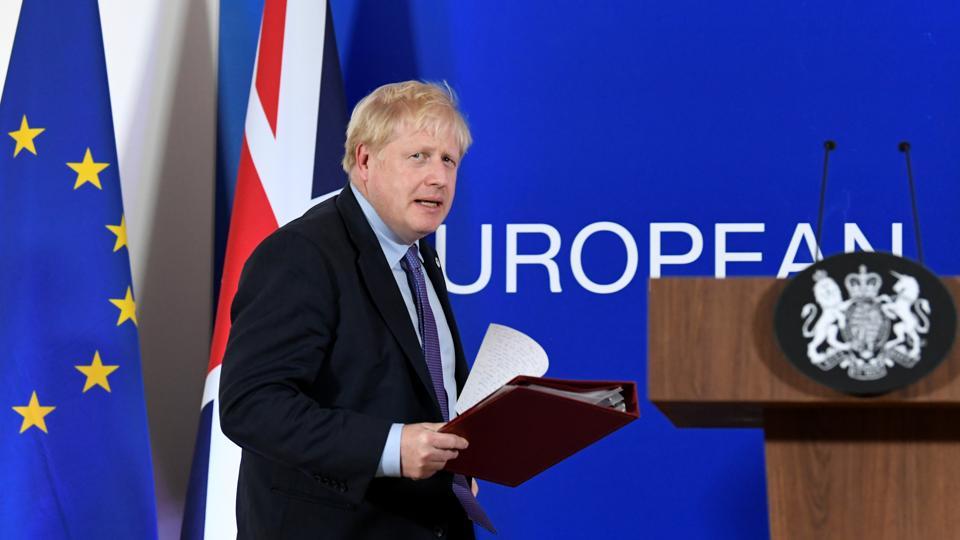
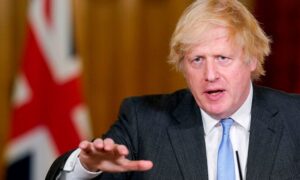



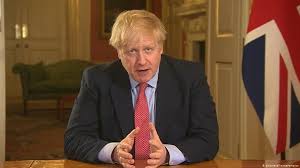







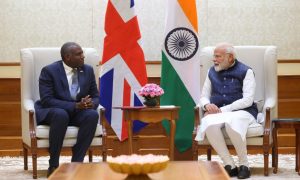

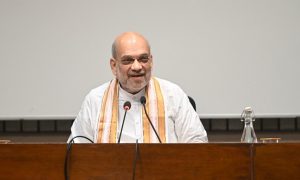











 WhatsApp us
WhatsApp us